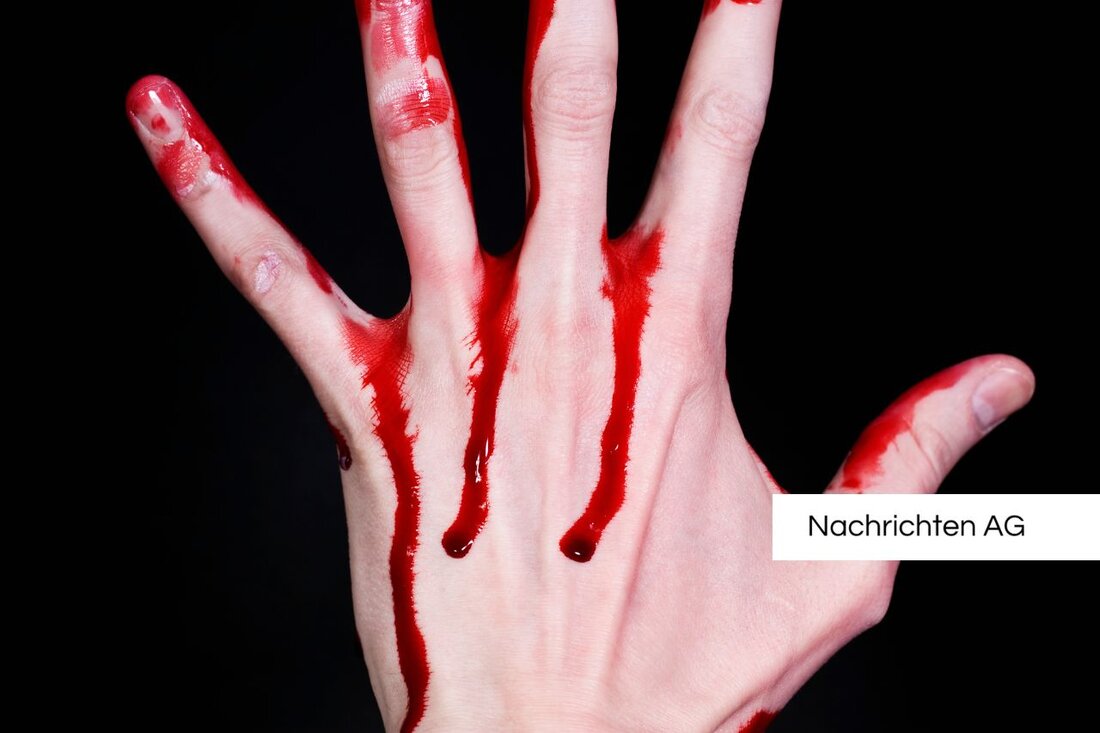Alarming numbers: knockout drops and the dark side of nightlife!
Alarming numbers: knockout drops and the dark side of nightlife!
In the last parliamentary request to Interior Minister Gerhard Karner (ÖVP), FPÖ MP Rosa Ecker addressed the worrying development of crimes with knockout drops in Austria. Karner confirmed the increase in such offenses and called an alarming number of 150 registered crimes for 2024. Vienna is most affected with 92 cases, including 61 in connection with rape.
The statistics from the Federal Criminal Police Office show that 110 of these crimes awakened the suspicion of rape, while 40 cases were classified as robbery or severe robbery. The current situation is complex, since the narcotics used are often odorless and tasteless, which makes it difficult for the victims to recognize and report the incidents.
victim and prevention
of the 150 registered cases were 109 women, including 25 minors. 43 men were also victims, ten of them in the context of sexual assault. The Ministry of the Interior pointed out that despite the increasing numbers, no additional funds were provided for prevention campaigns. However, there are currently programs such as "Under 18", a nationwide project that offers workshops and lectures to raise awareness. In Linz the #NOTYOURFAUCHT-BAMPAGE was also launched.
The substances identified by criminologists, which include sedative such as benzodiazepines or barbiturates, can no longer be detected in the blood after a few hours. This could lead to a high number of unreported cases, since many victims often associate their experiences with alcohol consumption or self -fault or no complaint.
legal and social challenges
The Federal Court of Justice has found that knockout drops can be life-threatening, which could result in a possible penalty. In 2023, 171 cases were reported in Baden-Württemberg, with experts also assuming a high number of unreported cases. GBL, a frequently used substance in knockout drops, is not regulated in the Narcotics Act, in contrast to many narcotics, which complicated the legal framework.
at the end of 2023 the Bundestag discussed a ban on knockout drops, but implementation has so far been left out. Experts are calling for a targeted information and training of the staff in clubs and restaurants in order to effectively act against the phenomenon of the knockout drops. A pilot project in Ulm, which offered free tests on knockout drops in rescue centers, could not document any proven cases in the first year, which further illustrates the devastating number of unreported cases.
In addition, prevention campaigns emphasize that people should pay attention to their drinks on the night, while experts point out that this is often not possible or difficult to implement in reality. The need to see the responsibility not only with the potential victims, but also to focus on the perpetrator in the focus of prevention is shared by experts. Nina Fuchs from the "No Victim" initiative demands not only to raise awareness of affected persons, but also the society as a whole. In view of the terrifying numbers and the complexity of the problem, a clear social and political mobilization is required to better help future victims of knockout drops. A holistic approach to clarification and prevention seems essential to ensure the security of young people in nightlife in particular.
For more information, visit the articles on Exxpress.at , Deutschlandfunk.de and Spiegel.de . .
| Details | |
|---|---|
| Ort | Wien, Österreich |
| Quellen | |


Kommentare (0)